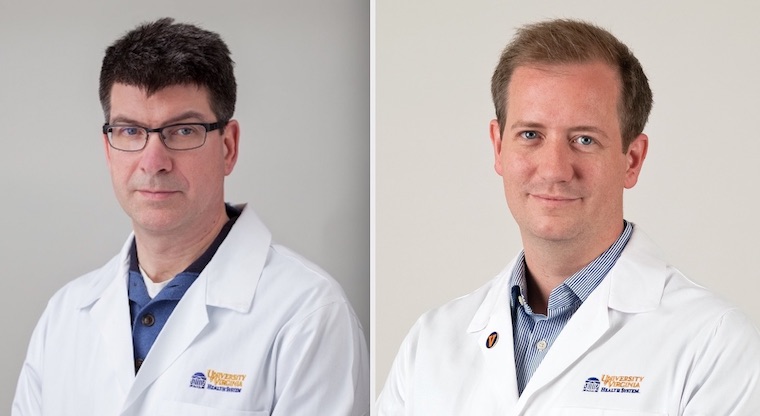Sudden Unexpected Death in Epilepsy, or SUDEP, is the most common cause of epilepsy-related death. It's estimated to be responsible for 8% to 17% of all epilepsy deaths, and up to half of deaths in patients whose seizures do not respond to treatment. A young Disney Channel star, Cameron Boyce, died of it just last year at age 20.
SUDEP isn't well understood. It can happen in the daytime, but more often it occurs at night. New research from our Department of Neurology and the UVA Brain Institute helps explain why.
A team led by Andrew Schomer, MD, and Mark Quigg, MD, monitored the heart rates of people with epilepsy as they slept. While being monitored, 41 patients had 101 sleep seizures. Some seizures caused heart rates to increase, the researchers found. But the more deeply a patient was sleeping prior to a seizure, the slower the person's heart rate tended to become.
That suggests that seizures during sleep are more likely to lead to a dangerously slow heart rate. Combine that with the natural slowing of the heart during sleep and the two together can, in some instances, prove deadly, the scientists concluded.
“People with poorly controlled seizures have the greatest risk of SUDEP, and seizures during sleep may hold the higher risk,” Dr. Quigg said. “Our findings can direct further research to determine how the heart’s and lung’s control systems fail during sleep-related seizures in order to help prevent SUDEP.”
Dr. Schomer agreed and added that the researchers hope their work will have lifesaving benefits: "Hopefully, with further study we can try to identify individuals who are at an increased risk and work to prevent this devastating outcome.”
